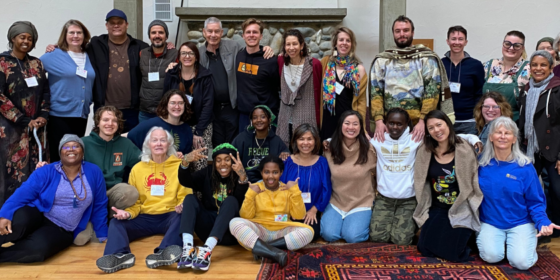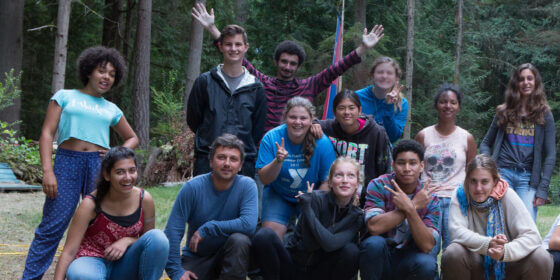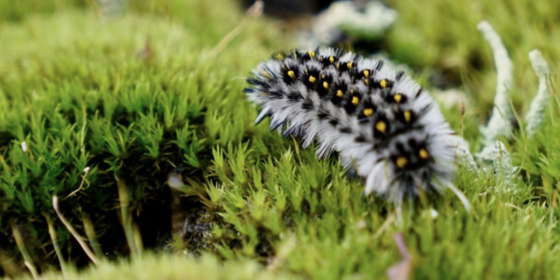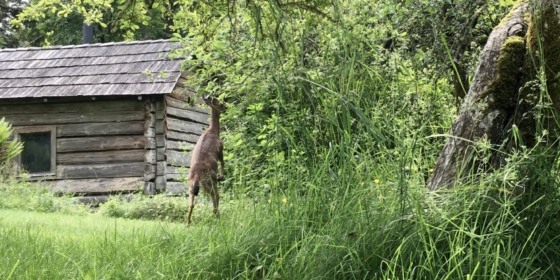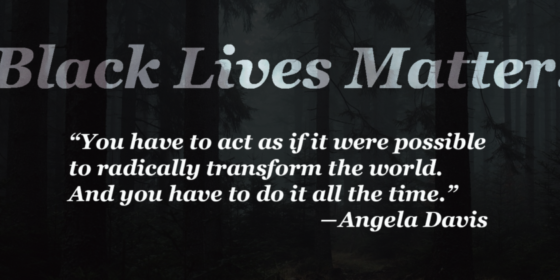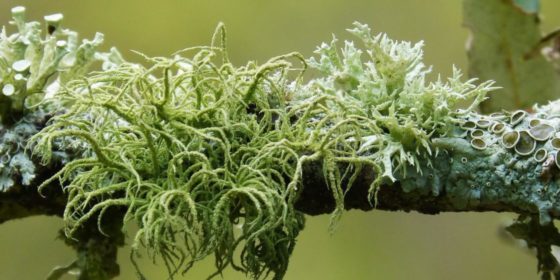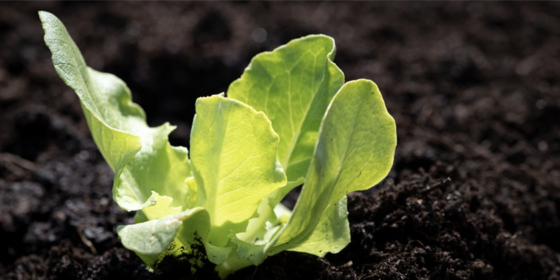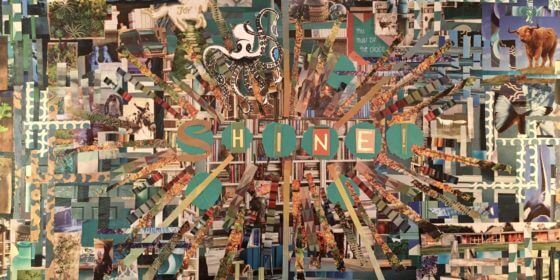A Conversation with Michelle C. Johnson and Rashid Hughes
 The Whidbey Institute is excited to welcome Michelle C. Johnson and Rashid Hughes to the land for their Rest and Refuge Retreat on August 8-12. Spiritual teachers Michelle C. Johnson and Rashid Hughes will be guiding participants through a transformative experience focused on deep rest, restoration, and connection with nature and the elements. Michelle, an author, activist, and racial equity consultant, brings her expertise in dismantling racism and creating ritual in justice spaces to the retreat. Rashid, a meditation teacher and restorative justice facilitator, will share his rest-centered meditation practice, the Four Pillars of R.E.S.T., offering a path to rediscovering belonging and meaning in the present moment. Together, they will lead sessions in movement, self-study, meditation, and yogic teachings, providing a unique opportunity for participants to find peace, wakefulness, and harmony in a supportive and contemplative environment.
The Whidbey Institute is excited to welcome Michelle C. Johnson and Rashid Hughes to the land for their Rest and Refuge Retreat on August 8-12. Spiritual teachers Michelle C. Johnson and Rashid Hughes will be guiding participants through a transformative experience focused on deep rest, restoration, and connection with nature and the elements. Michelle, an author, activist, and racial equity consultant, brings her expertise in dismantling racism and creating ritual in justice spaces to the retreat. Rashid, a meditation teacher and restorative justice facilitator, will share his rest-centered meditation practice, the Four Pillars of R.E.S.T., offering a path to rediscovering belonging and meaning in the present moment. Together, they will lead sessions in movement, self-study, meditation, and yogic teachings, providing a unique opportunity for participants to find peace, wakefulness, and harmony in a supportive and contemplative environment.
Michelle and Rashid shared with me a conversation they recently had to learn more about their work and what they hope to offer participants through their Rest and Refuge Retreat.
Michelle: Rashid, do you want to share first about who you are and what you’re up to in the world?
Rashid Hughes: I’m Rashid Hughes, and my pronouns are he/him. I kind of consider myself to be, I guess, an intersectional contemplative practitioner and someone who loves to explore what it means to be well and happy and engaged in the world. For me, contemplative spirituality really provides this approach to tending to our inner wounds while also accessing a sense of wholeness through touching into something more expansive within ourselves, beyond the wounds and trauma. Something a little truer and maybe more primordial, I guess, is who we are other than the wounds and where they hurt, not disregarding the wounds and where they hurt, but we are also more than that. For me, contemplative spiritualities provide this lens, this motivation, this conviction that it’s important that this inner awakening, this heartfeltness, also shows up in how we live and are in the world as well. So that’s a little bit about what I’m curious about and what kind of makes me happy to think about. Read More →

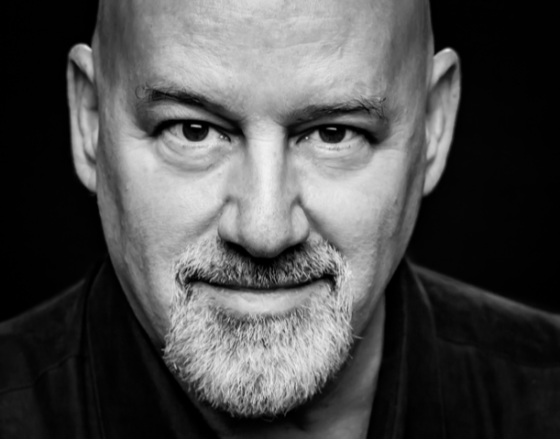 We are excited to welcome Dan McKee and the Warrior Monk Retreats back to the Whidbey Institute! In anticipation of his upcoming program, November 1-5, 2023, I took the opportunity to learn more about his work and his approach to holding Warrior Monk retreats, particularly at the Whidbey Institute.
We are excited to welcome Dan McKee and the Warrior Monk Retreats back to the Whidbey Institute! In anticipation of his upcoming program, November 1-5, 2023, I took the opportunity to learn more about his work and his approach to holding Warrior Monk retreats, particularly at the Whidbey Institute.